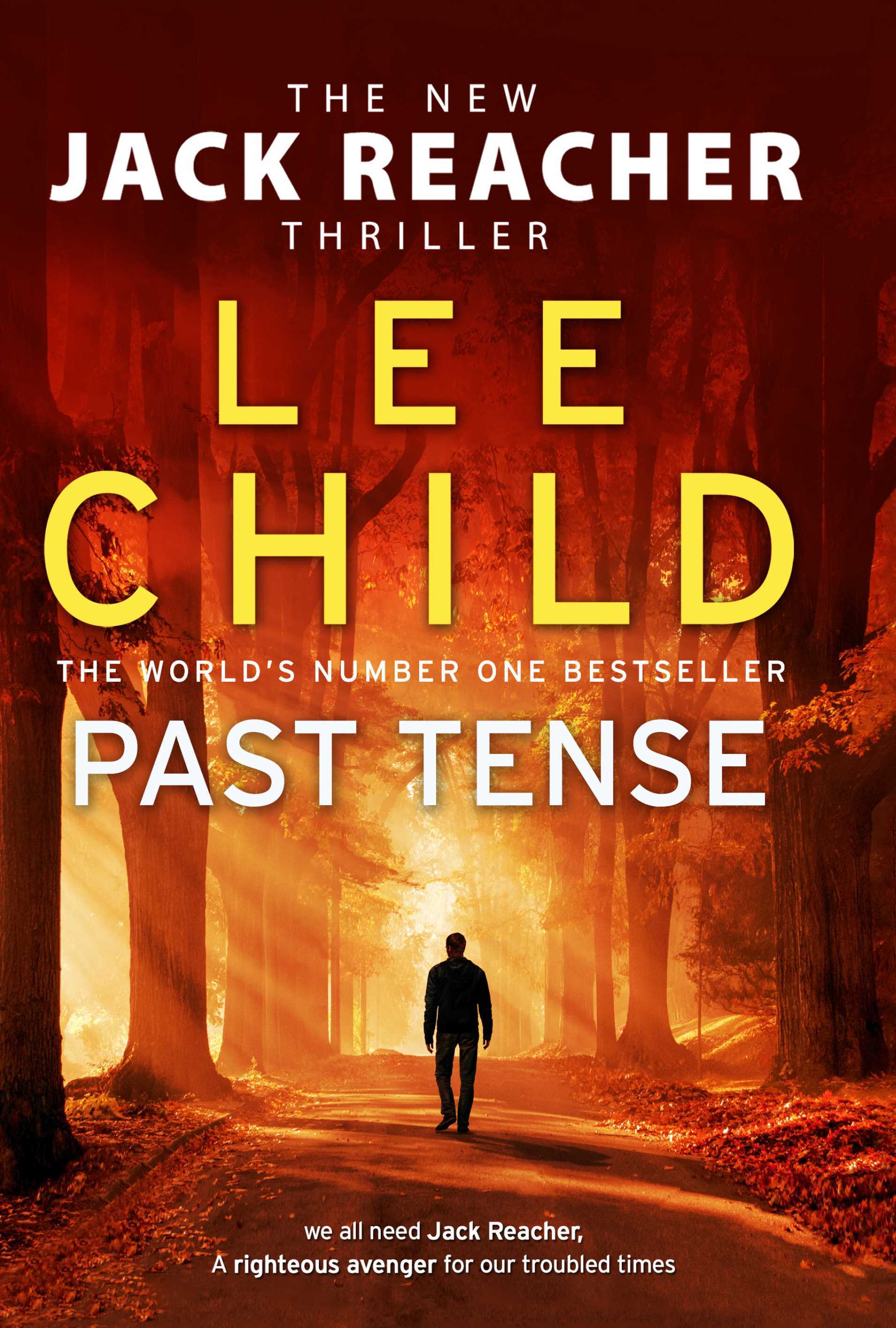Conversation: Lee Child

By tradition, you start writing your new novel on 1st September each year. Can you describe your writing process?
I’ve got no road map. I trust it just to happen. It’s a risk because you’ve got no safety net. It’s like a movie stuntman who jumps off a high building, hoping the props people are going to get the air bag in position by the time he lands. For me, it’s essential not to have an outline beforehand, because I want to sit down to write with exactly the same level of interest as the reader who sits down to read. They’re excited to know what is going to happen next. And that’s exactly what I want to know too: what’s going to happen next? I revel in that ride.
What is the secret to maintaining a compelling character like Jack Reacher over so many novels?
The thing that really liberated me was choosing early on to make Reacher rootless. This gives me tremendous flexibility. Reacher isn’t tied to any location, and he also isn’t tied to any particular stratum of investigation, like say a police sergeant in one particular town would be. That way, the pitch of every story can be radically different.
Do you read your reviews?
Yes. Not because I need to find anything out though. I’ve lived with the book for a year and I already know where it’s weak and where it’s strong. And I’m never going to modify anything based on a reviewer not liking one of my novels.
How do you feel the thriller genre has changed over the years?
In the past they would have been called pulp fiction or airport books, but I think people are beginning to realise that they can’t be dismissed as just fluff. Even though the subject matter is heavily plot-driven, they are beautifully assembled. And the writers working in this genre at the moment are some of the smartest and most brilliant people you’ll meet.
Your readership consists of around 60% women. What do you think the appeal is for women in the Reacher novels?
Reacher likes women, and he respects them. The female characters in the books are not bimbos who need saving: most of them are tough as hell, as tough as Reacher a lot of the time. Even now in the 21st century, there’s still this issue about assertive women. They’re seen as shrill and somehow not as acceptable as assertive men. So I think women take vicarious pleasure in Reacher’s assertiveness.
Are you conscious of the competition your books face from other forms of entertainment such as films and television?
I have to be! I remember reading some research from the year I was born: half of all middle-class people in the 1950s said their prime leisure activity was reading. Now, of course, that figure seems ridiculous. We’ve got an infinite number of TV channels, an infinite amount of internet content that is designed to be endlessly absorbing. Everything is shorter, sharper and faster now.
How does this influence the way you write?
You just don’t hang around. You’re aware of having to move, move, move things along. I’m not complaining—it’s great, and it feels reckless because you’re just burning through the plot at a tremendous pace.
You spent many years working in television before turning to novel writing in the late 1990s. What if anything, did you bring from your time in TV to the craft of writing thrillers?
It’s actually much less than people think because they’re two very different ways of presenting stuff to an audience. There are lots of technical differences to do with point of view control, for example. But the major thing I learned in television was that it’s not about you, it’s about the audience. That teaches you to get over yourself real quick, and to think of the reader when you’re writing.
You could argue that it is Jack Reacher’s timelessness that best explains his huge and enduring appeal. What are your thoughts about this?
The idea of the mysterious stranger is literally thousands of years old, and so many stories have depended on it. So the reader is connecting with a familiar paradigm even though they may not realise it. I think voice is incredibly important in writing. Because it’s only really in the last 150 years that we’ve been reading stories off the page. Prior to that, we had 100,000 years of listening to oral storytelling. So I think our brains are absolutely hard-wired for voice, and that’s why I wanted Reacher’s own voice to be distinctive from the beginning.
What does the future hold for Jack Reacher?
Well, on one level I have no idea because I don’t even know while I’m writing each book. But the fundamental psychological tension inside Reacher is that he loves being alone, but also worries about being lonely. That’s a very fine balance for him to manage. So I think that at some point his fear of loneliness will get the better of his love of solitude.
